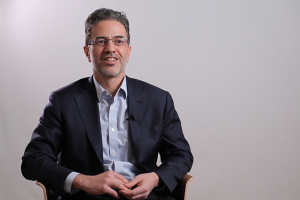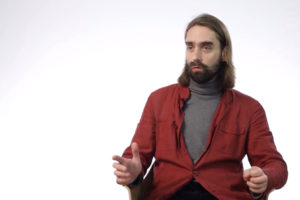Consequences of Decentralization
Political Scientist Daniel Treisman on political decentralization, tax breaks for businesses, and Russia's bud...
How did the efforts to make the subway more secure work? How do security gates in airports create a target for terrorists that otherwise would not exist? What may increase the percentage of survivors in dangerous situations? These and other questions are answered by professor of Sociology and Metropolitan Studies in the New York University, Harvey Molotch.
So I’ve been studying cities for a lot of my life and I’ve been studying products, artifacts. And I kind of put them together around this topic of security and especially after the attacks of 9/11. It happens I was living in New York, I watched the towers be collapsed in the attacks, and I became very interested in this problem more generally – the problem of security and what makes the city safe or less safe. And I watched very carefully what the governments in the United States, but also in other parts of the world were doing in response to the attacks, but more generally what they do as they worry about security.
So one of the things that I studied was the New York subway system. And right after 9/11 great efforts were made to make the subways more secure. I started to wonder whether what they were doing in the subways actually made anything more secure or, in fact, made them less secure. And this became kind of ongoing intellectual and practical and political problem that I can start to address in many, many other arenas and areas. Do the efforts made to make things more secure work at all? And, in fact, did they backfire, did they make things worse than they otherwise would be, worse in terms of security?
The politicians love to get on the bandwagon and talk about how what they’re doing will make us more secure. And if it’s about security, they say, that ends the subject, because security is the only thing that counts. But it’s not the only thing that counts. You need to move people from one place to another, they have to have a nice day, a decent day. Which leads me to really what I think is my final point. Which is that when you feel you must do something in regard to security, you being a public official or you’re running an agency then what you should try to do is do things that are better for everyone. So, in the subways, for example, if you increase ventilation, you will improve the air quality for everybody, and if there is a fire, or a bombing, or a gas attack everyone will have a larger chance of surviving.

Political Scientist Daniel Treisman on political decentralization, tax breaks for businesses, and Russia's bud...

Social anthropologist Michal Murawski on the advantages of socialist architecture, debates over the results of...

Interview with 2007 Nobel laureate in Economics Eric Maskin on game theory subdiscipline